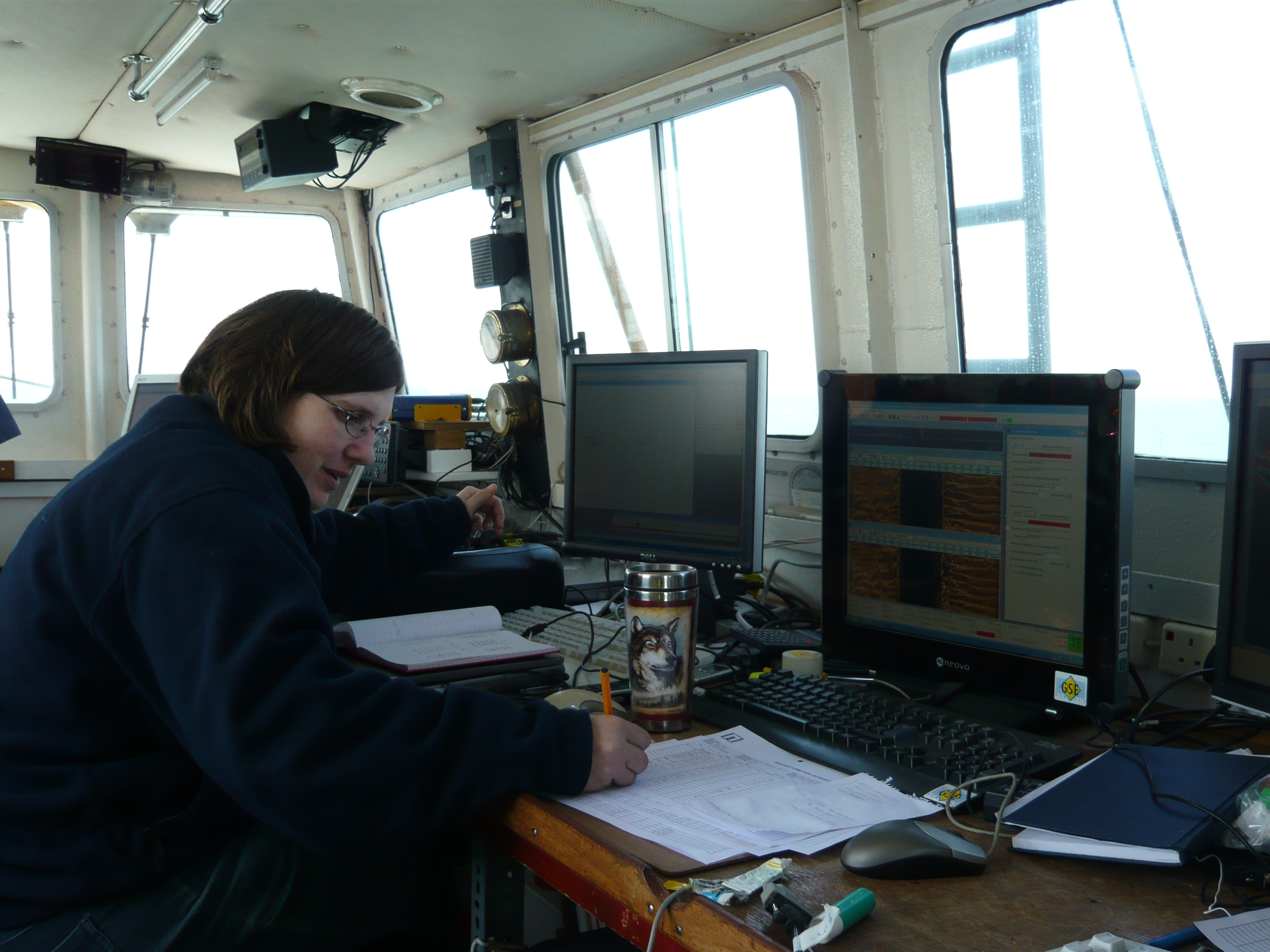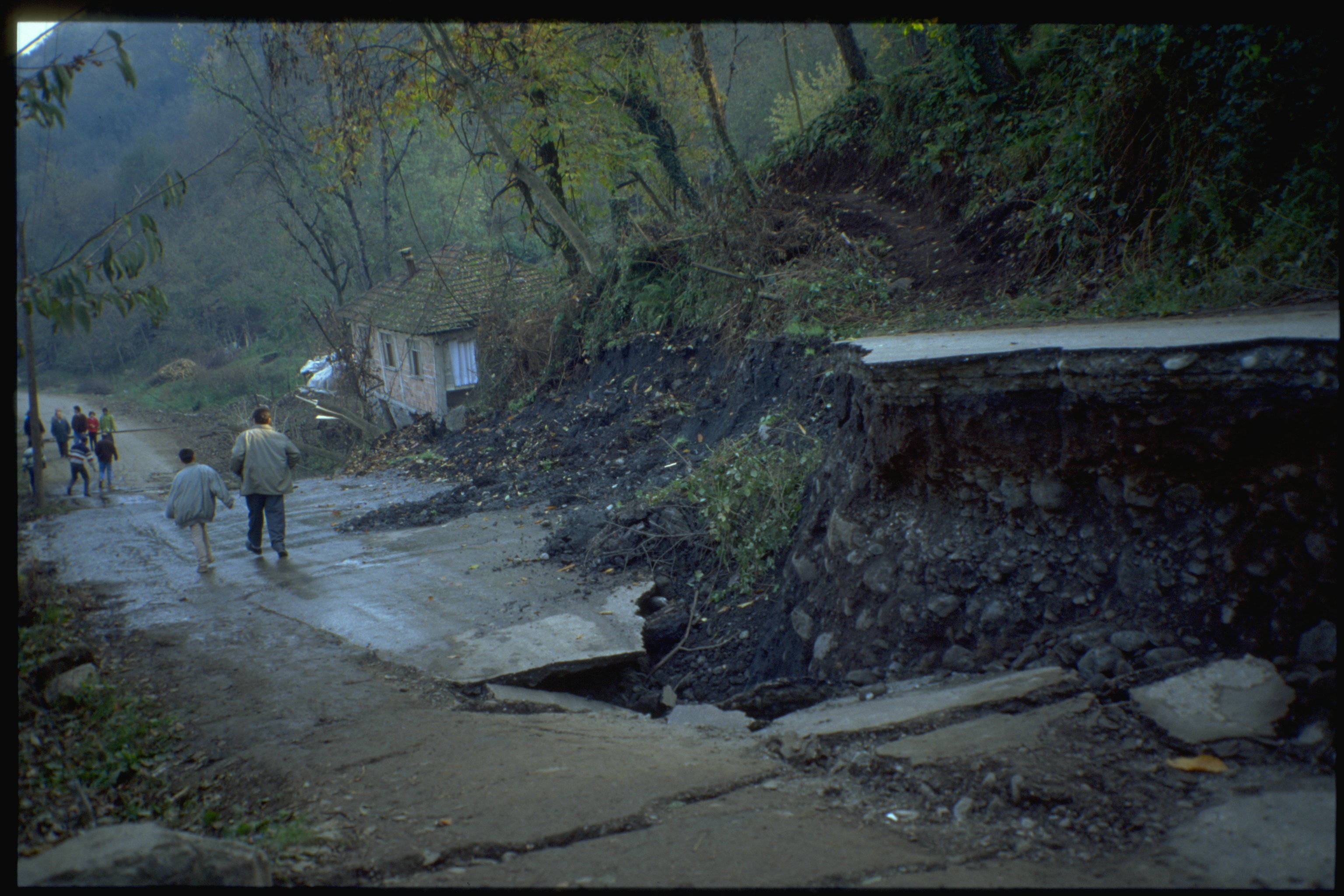All Categories
Featured
Table of Contents
What Are Geophysical Surveys & Why Do They Matter in Brigadoon Western Australia 2023
This work is progressively contracted out, so consultancies supply another source of employment. Consultancy firms vary in size, from very small companies to large multinationals. Some consultancies are quite specialised in utilizing specific geophysical methods or working in specific locations, while others offer a more diverse range of services to their customers.
The extraction of gas from land fill sites is another area of employment and this may grow in the future. Expedition business might carry out work for building companies, public utility, mining business and environmental firms, so geophysicists may be utilized in any of these settings. Other companies consist of: geological surveysgovernment bodies and agenciesuniversities and research study institutes.


Jobs may be listed in the oil and gas sector press. Recruitment is impacted by oil cost variations and the level of competitors for positions varies depending upon this. Careers Days, which cover the complete series of geoscience careers and are normally participated in by a variety of crucial market companies, are run by The Geological Society.
What Do Geoscientists And Hydrologists Do? in Mount Hawthorn Australia 2020
Some of the large oil and gas companies offer a full two-year structured training program across the breadth of geophysics, including the chance to experience work in numerous groups before specialising in one location. Your training might include deal with: existing wellsmagnetic and gravitational potential field information analysisresearchrock analysis. It's more usual for your initial training to be supplied on the task.

There might be a probationary duration during which you work together with a skilled coworker. Competency-based appraisals occur frequently in many firms. In smaller companies, and for academic posts, there is not likely to be any formal training - you'll be expected to start work straightaway and get skills as you go along.
If you work for a smaller business, you may find that you require to take responsibility for setting up and moneying your own development and training. If you have a geology degree, subscription of The Geological Society can be useful for networking and for maintaining to date with the market.
What Is Geophysics? in Hamersley Oz 2022
You may also find it useful to join the PESGB (The Petroleum Expedition Society of Great Britain, which has a geophysics unique interest group. After a probationary period, and as soon as you've gotten some experience, you might progress to senior geophysicist, then group leader and then into a senior role in management.
The ease of movement in between roles depends upon the company structure. Study at Masters or Ph, D level in a subject associated to geophysics or geosciences may help with your profession development and progression. The work market within the oil and gas industry is extremely depending on rate and this may impact your opportunities for career development.
For skilled geophysicists, freelance consultancy provides a great route for profession development. As a geophysicist, you're likely to have several jobs throughout your working life.
Working As A Geophysicist And Oceanographer In Canada in Koongamia Western Australia 2021
From geophysics, it's possible to concentrate on seismology (finishing additional training to end up being a seismic interpreter) or to move into associated areas such as engineering geology or hazard forecast.
Choosing what to study in college is a hard choice. Even if you know that your field of interest depends on science, what program of study is right for you? If you make the choice to major in physical and life sciences and pursue a profession as a geophysicist, you're getting ready for an interesting and rewarding profession.
The very first action to attaining your goal of becoming a geophysicist is earning a degree. Even for entry-level positions in the field of geoscience, you'll need a bachelor's degree (a geophysicist college degree) from a certified college or university. Some research study positions require prospects to hold master's degrees or even Ph.
Geophysicist Job Profile in Bassendean Western Australia 2022
Postgraduate degree are especially important if you prepare to teach at a four-year institution. Geophysicists apply physics principles and strategies to study the gravitational, magnetic, and electrical fields of the earth. This furthers researchers' knowledge of both the world's interior core and its surface area. Geophysicists need to have the ability to: examine rocks, pictures, and other pieces of data conduct research study both in the field and in laboratories develop maps and charts of their findings write reports To achieve all this, students need a specialized education for geophysicist professions.
As mentioned above, you'll need a bachelor's degree in geoscience or a related discipline, such as a physical science or a natural science, to land an entry-level job. But students can likewise prepare by learning subjects like: Biology Chemistry Computer science Engineering Mathematics Physics The above geophysicist majors use a more generalized technique to a single clinical discipline, but many programs require students to take several geology course.
Latest Posts
Geophysical Survey Definition in Bayswater Oz 2023
Geophysical Surveys: Definition & Methods in Ardross Australia 2020
What Is Geophysics And What Do Geophysicists Do? in Maddington WA 2023